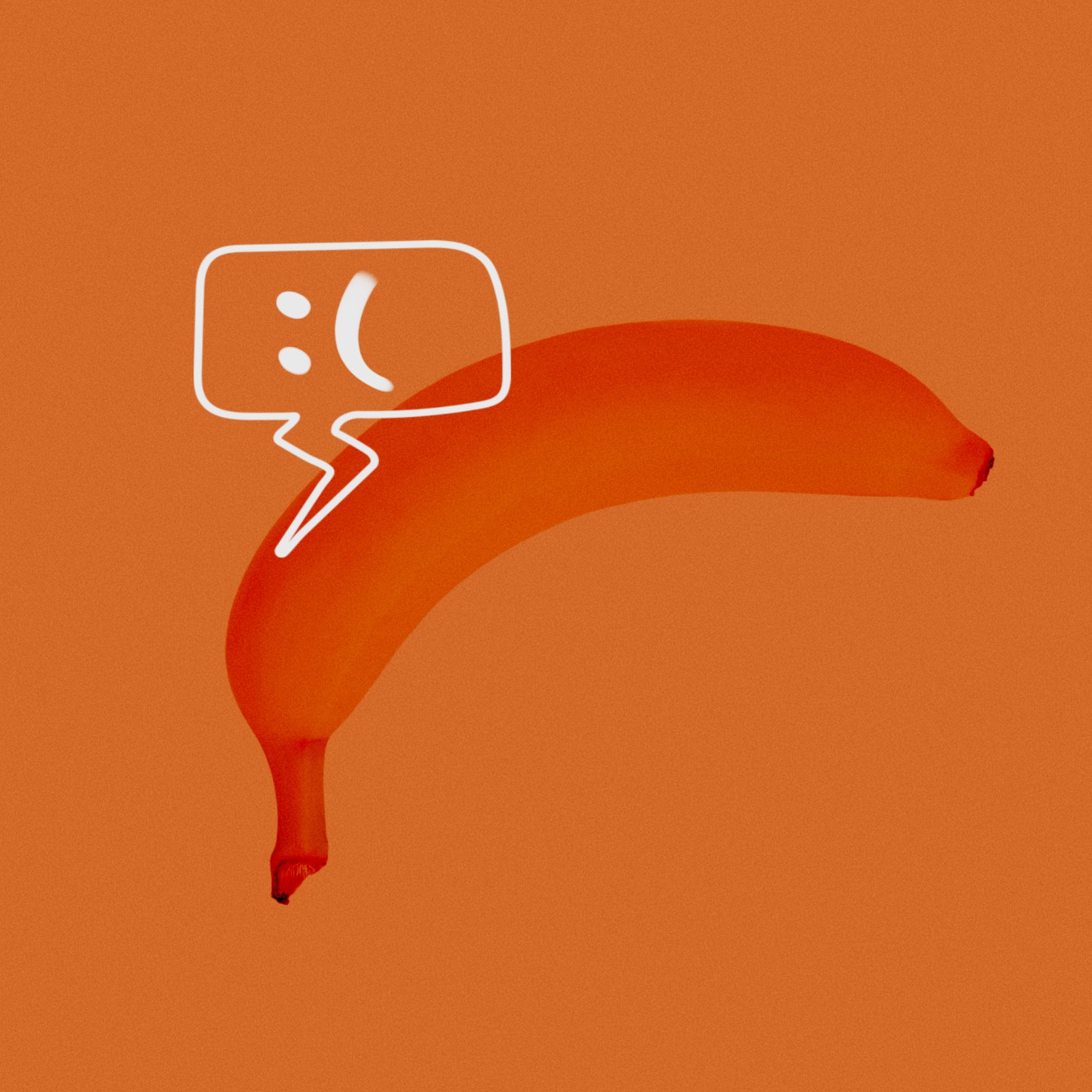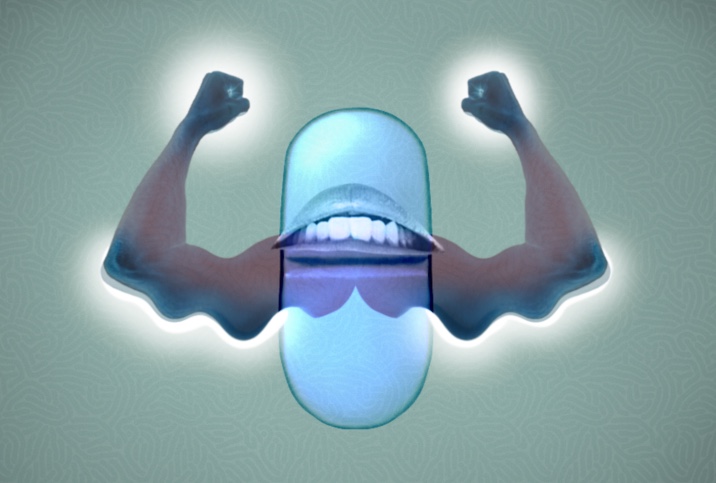What is Sudden-Onset Erectile Dysfunction?

Sex last night? Superb. Exquisite. Enjoyably exhausting, even. Now this guy is raring to go again, as is his partner. They're in the mood. The erotic temperature rises in the bedroom, beneath the sheets.
But an unexpected problem undercuts the excitement. The man has never experienced erectile dysfunction (ED) before, but all of a sudden, he's struggling to achieve an erection.
Erectile dysfunction can and frequently does develop over time. But guys are sometimes surprised and taken aback when ED occurs seemingly out of nowhere and affects their sex life.
This is known as sudden-onset erectile dysfunction. Sudden-onset ED isn't a widely recognized medical condition and it's relatively rare.
Rajiv Jayadevan, M.D., a urologist and a health sciences assistant clinical professor in urology at UCLA Health in California, said he sees far more cases of gradual-onset ED. A patient who has no erectile difficulties at age 40 might start experiencing them by the time they're 50. Maybe they start requiring stronger doses of Cialis or Viagra to achieve the same quality of erection they used to get.
"Most of my patients tell me it's been going on for a few years, at least," Jayadevan said.
Only about 10 percent of the patients he sees for ED experience it as a surprise. And they care about the causes, which can influence treatment.
What causes sudden-onset erectile dysfunction?
Beyond the "whiskey dick" a night of excessive drinking can induce, hormonal disruptions (for example, dramatic decreases in testosterone) due to alcohol abuse or chronic use of narcotics can abruptly bring about ED, Jayadevan said.
There are several other possible factors as well:
Trauma
Trauma also impedes penile function in unexpected ways.
"In my experience, sudden-onset erectile dysfunction is fairly uncommon," said Ian Hunter, a certified physician assistant at Duke Urology of Raleigh in North Carolina. "[It is] often the result of some traumatic event such as a priapism episode related to the use of trazodone for PTSD, or a cardiac event such as a stroke or after a major surgery such as a radical prostatectomy."
Certain types of trauma men might not associate with ED can lead to dysfunction, Jayadevan added.
"For example, back injuries, herniated discs, spinal cord injuries. All those things can lead to erectile dysfunction if they're severe enough," he said. "I definitely have my share of patients who went in for spine surgery, came out and then they can sort of pinpoint that as the time in which they developed erectile dysfunction and might not have known about it. It's something we put together in the clinic."
When Jayadevan asks patients about surgeries they have had and they respond with something like, "Last January, I had surgery on my back," it often turns out that's around the time they started having sexual dysfunction symptoms.
Unanticipated ED could also be caused by operations that disrupt the pelvic plexus of nerves involved in erectile function, Jayadevan said.
Serious genital trauma, such as a penile fracture, can cause difficulties in achieving or maintaining an erection, too, though men are more likely to point out the key cause in such cases.
Psychological factors
Jayadevan also pointed to psychological factors and the possibility of psychogenic ED that arrives swiftly without warning.
"I recall I had a patient who told me that on July 30, he broke up with his girlfriend, and August 1, for the first time in his life, he had erectile dysfunction. And he swore the two did not have anything to do with each other," he said. "This guy was a very healthy 50-year-old patient who went to the gym every day—the spitting image of health. In his mind, there's no way the two could be related. And after several visits together, I think he finally started to see that that emotional trauma was contributing in some way to his ED."
Medications
Jayadevan sees patients suffering from ED because of medications they take, even though they don't always make that connection.
"I actually saw a patient today who started a new antihypertensive [and] didn't really put two and two together until I started asking him, 'Oh, did you start this new medication? Did your ED start around the same time?' And he was like, ‘Yeah, actually. It started right then that month,'" Jayadevan said.
Antihypertensives such as beta blockers and diuretics are ED-provoking drugs that don't always give advance indication they'll later stymie a would-be erection, Hunter said.
Other culprits include psychiatric medications, such as antidepressants and selective serotonin reuptake inhibitors (SSRIs), according to Jayadevan.
"There [are] a lot of patients with anxiety [or] depression who have just started antidepressants and they are, unfortunately, feeling those side effects within a few weeks of starting them," he said.
Side effects can include delayed orgasm, low libido and the inability to achieve or maintain an erection.
Men may notice sexual performance issues due to the anxiety medication they take, Jayadevan explained, and those issues can, in turn, perpetuate situational anxiety. The anxiety tends to increase concentrations of neurotransmitters called catecholamines, like epinephrine and norepinephrine, which can interfere with erections by constricting blood vessels.
In difficult cases, anxiety medication may make it easier for a guy to go about his daily life, but the pills inhibit penile function. Residual underlying or ensuing anxiety can either reinforce drug contraindications or defy drugs and expectations, thwarting satisfactory erections while leaving the afflicted person perplexed.
Addressing and treating ED when it arrives out of nowhere
In certain scenarios, erectile problems that arrive out of the blue indicate a serious underlying health concern, which is why doctors recommend getting medical advice from a primary care physician after any episode of unforeseen ED.
Hunter encourages guys to go in for a physical exam and bloodwork every year once they turn 35 to help stave off health problems that can develop and contribute to ED.
"I always recommend my patients have underlying conditions treated as well as the ED itself," he added. "Make sure your blood pressure and blood sugar are within normal limits. If you are on a new antidepressant, talk to your prescribing provider about what you are experiencing. Then, for the ED itself, I typically try the same medications for most of my patients. Let's start with Viagra, Cialis or Levitra and see if these work."
Those phosphodiesterase 5 inhibitors remain mainstays of ED treatment, whether the dysfunction strikes suddenly or not, Jayadevan said. When ED follows pelvic surgery, injections might be in order. Structurally significant trauma tends to require emergency intervention, such as surgery.
'I always recommend my patients have underlying conditions treated as well as the ED itself.'
Caring for mental health helps many men address overlooked psychological trauma that produces sudden, as well as recurring, erection woes.
Regardless, successful treatment often entails identifying the primary cause. That's a tricky task when erection issues catch you unaware.
Yet ED is often a harbinger of cardiovascular disease, especially in younger men, whether the ED arrives abruptly or becomes chronic, Jayadevan said.
"If you're young and you're developing erectile dysfunction, we really should have a cardiovascular evaluation and make sure things are OK, because the blood vessels to the penis are much smaller than the ones in the heart," he said. "You're going to more likely manifest the symptoms of erectile dysfunction faster, earlier than you will with things like heart disease. And so prevention is key, meaning staying in good cardiovascular health with regular exercise [and a] healthy diet."
As is the case with any health complication, talk to your doctor about risk factors and treatment options for erectile dysfunction.
One of the newest treatments on the market is Eddie®, an FDA-registered Class II medical device designed to treat erectile dysfunction and improve male sexual performance. In 2021 clinical trials, Eddie proved effective in treating men with physically, psychologically and pharmacologically induced ED, without medication or surgery. With Eddie, you don't need to wait for a pill to kick in, use an awkward pump, or subject yourself to painful injections or surgery.




















